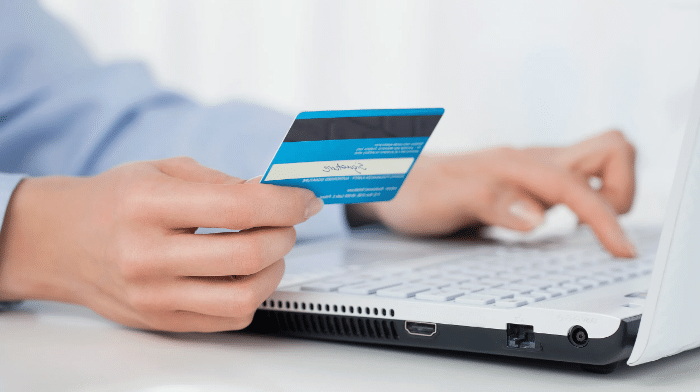Your cardmember agreement is a good source of information about late fees on your credit card. This is because banks may handle late payments differently.
In this article, we provide general answers to several frequently asked questions about credit card late fees:
What Are Credit Card Late Fees?
A late fee is a dollar amount that may be charged to your account. If the card issuer does not receive the minimum credit card payment by the due date. Sometimes there is a grace period between the end of a billing cycle and the payment date. No late fees will be charged if payment is received within this time frame. Grace periods often vary depending on the credit card and card issuer.
How Do Late Fees Work?
The length and amount of the late fee depends on the terms and conditions of your card Generally, when your credit card issuer receives the minimum payment a certain number of days after the due date. A late fee will be charged. When you are charged a late fee You may receive a notice from your bank. This notice must include the amount of the late fee and any outstanding balance. The notice may advise you of steps you can take to pay the fees and balance due.
What Are Some Examples Of Late Credit Card Fees?
Issuers may use different time frames to determine when to assess late fees. But this is usually some time after the deadline. Days can be counted as working days or calendar days, including weekends and public holidays.
Late fees may vary. And is usually determined by your bank or credit card issuer for each late payment. Sometimes credit card balances are used to determine late fees Other times payment history is a factor in determining if and how much late fees will be charged. Banks can also set limits on the amount of fees charged. No matter what time the payment is received.
How Can You Avoid Late Fees On Credit Cards?
Here are the top ways to avoid late credit card fees: Make sure you pay the minimum payment due on your credit card statement by the due date. To achieve this goal you have a few options.
Pay in person
If you choose to pay in person by credit card You can often pay online. You will need to repeat the manual payment process every month. You should have the option to send your payment by mail. And you have to do it well before the deadline. When paying in person, online or by post Please note that any weekends or holidays may affect when your bank sends or receives your payment.
Rely on automatic payments
Setting up automatic payments is another way to help you avoid late fees on your credit card. Using automatic payments often means you no longer have to worry about when or if your payment will reach your bank on time. To set up online payments You may need your bank’s current account number and nine-digit routing number. There may be several payment options available. Including the minimum amount payable. Total state balance or custom amount
Summarize
Late credit card fees are usually charged when the bank or card issuer receives the minimum payment after the due date. Your financial institution decides what constitutes a late payment. When are late fees charged? And the amount of the fee For this reason, you can find details about late fees in your credit card’s terms and conditions. One way you can avoid late credit card fees is by setting up automatic payments.
